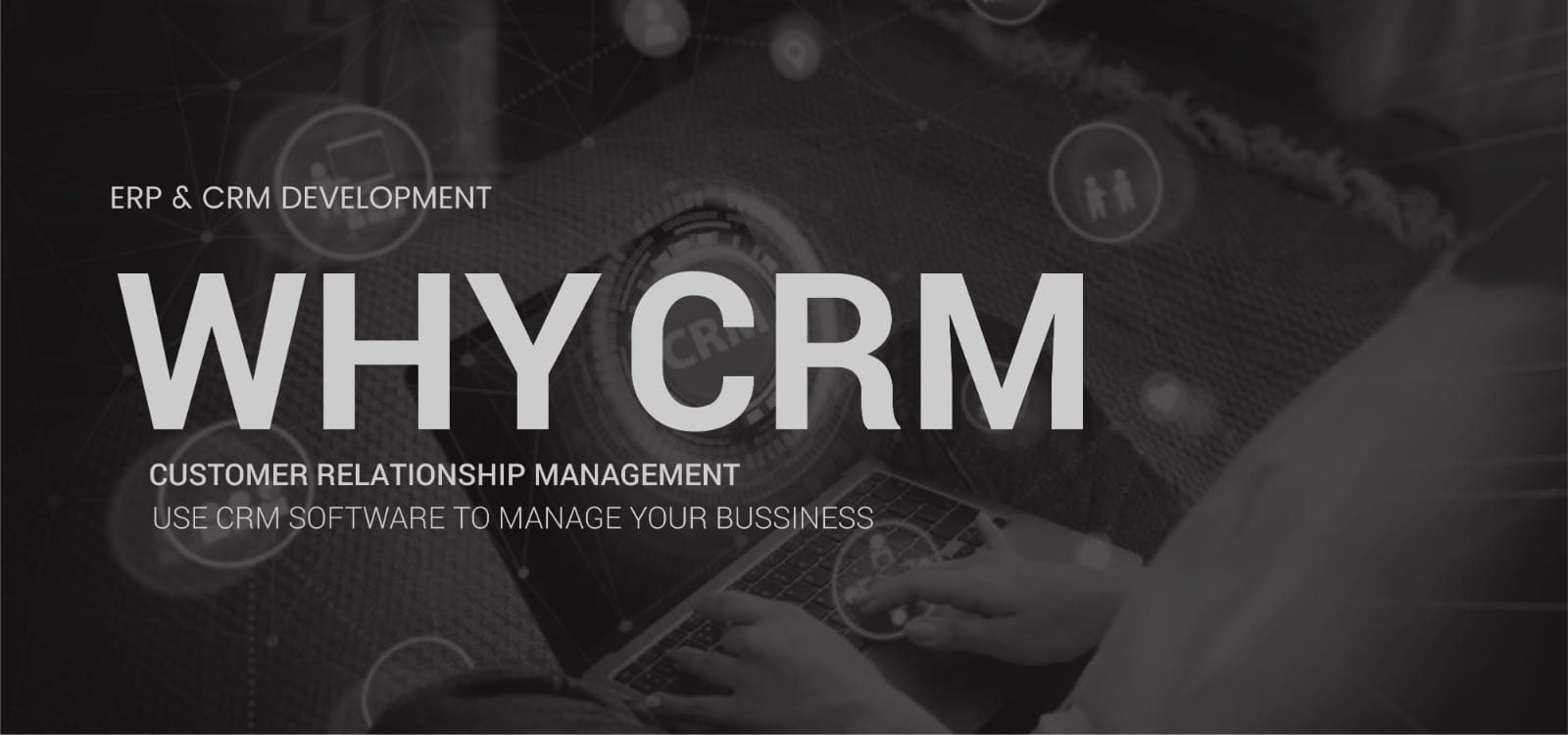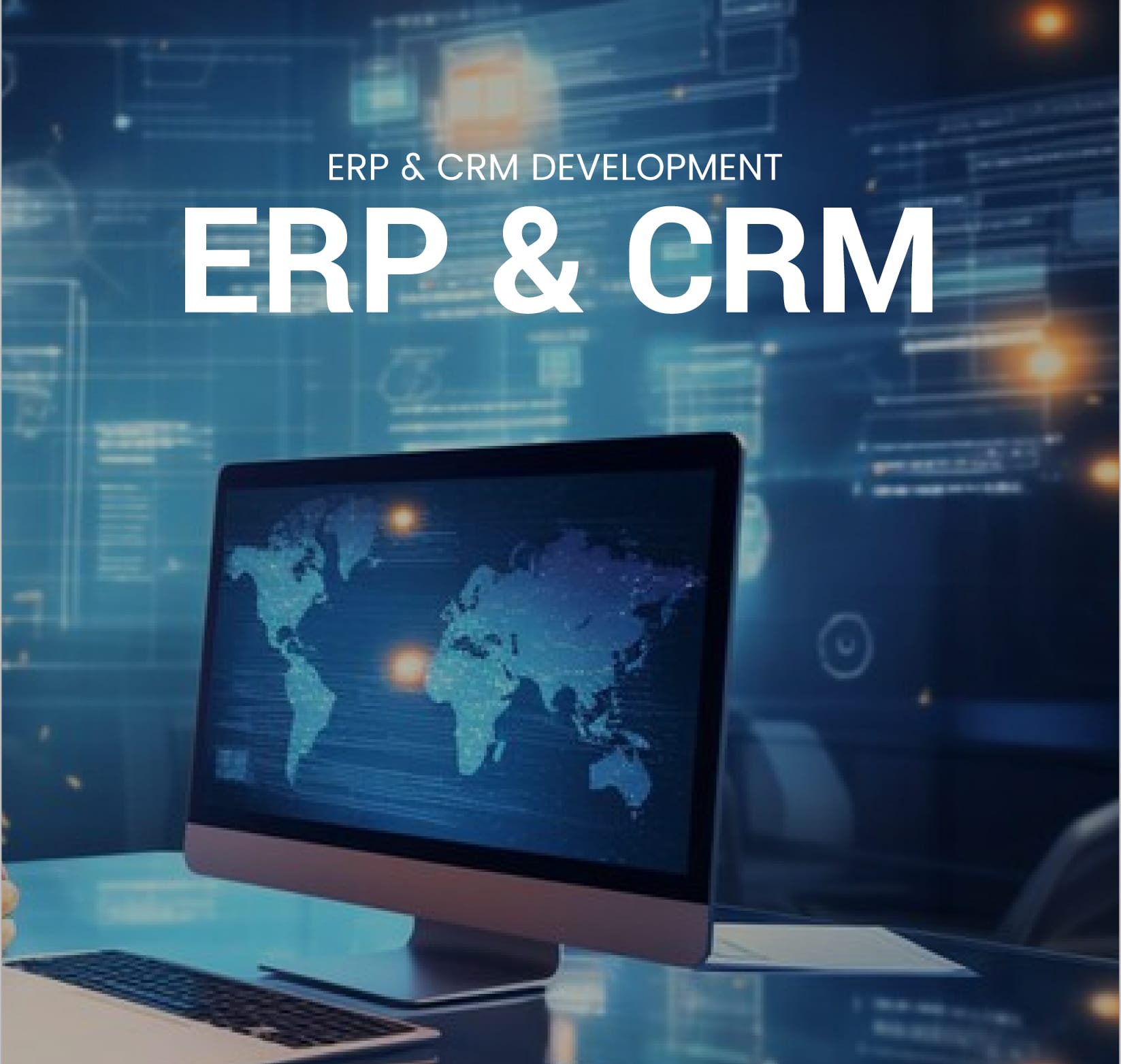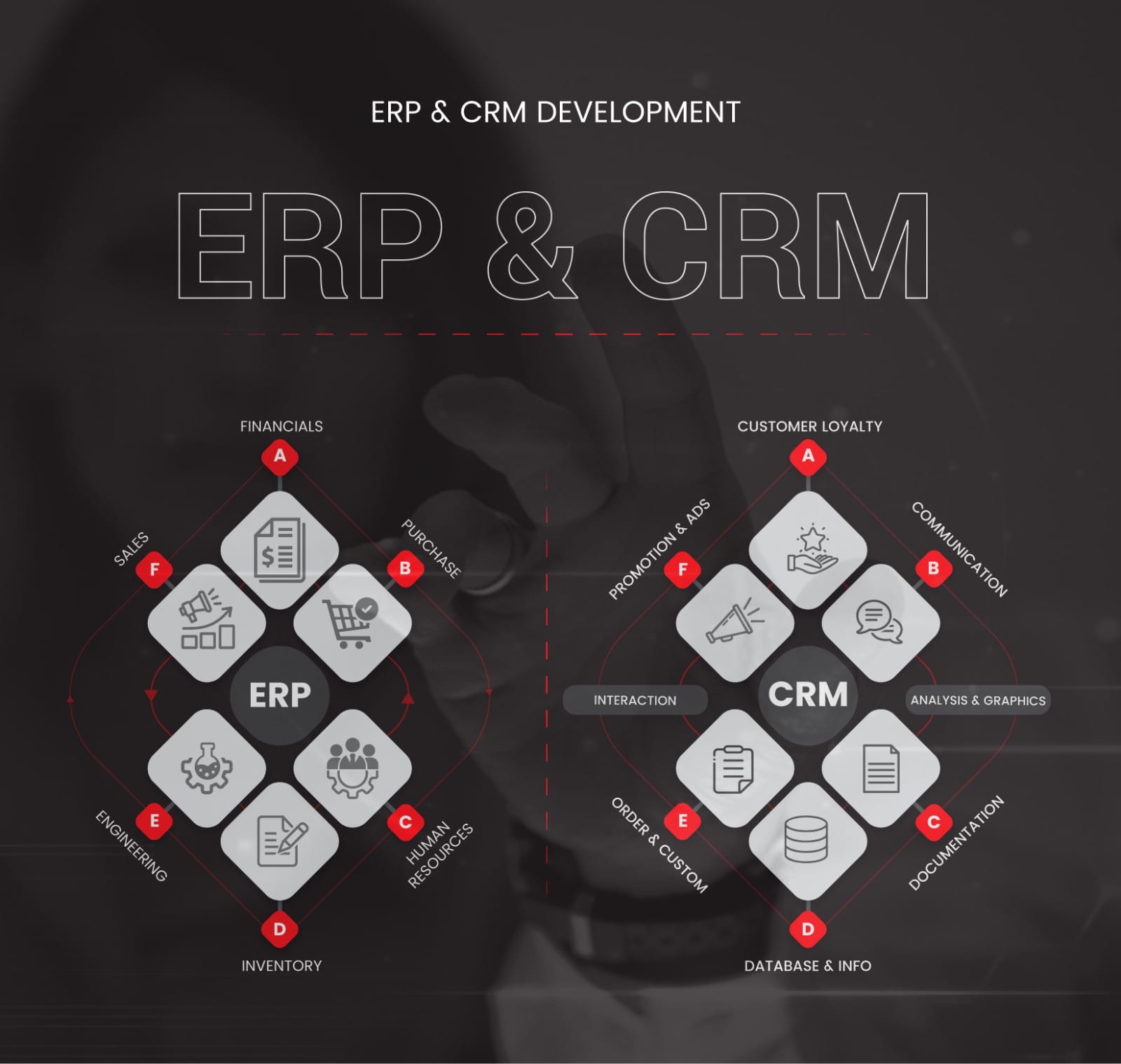
ERP & CRM Development: Building the Backbone of Your Business
ERP and CRM integration services can connect the two systems,
streamlining processes, cutting costs, and enhancing data sharing. Migration solutions are also
available
to help businesses migrate between CRMs or ERPs, ensuring a secure and efficient transition.
Benefits of
Developing Integrated ERP & CRM Systems
Improved Data Visibility : Real-time data from both systems
provides a holistic view of your business,
improving decision-making.
Enhanced Customer Experience : CRM data can be used to
personalize interactions and offer better customer service.
Streamlined Operations: Automated workflows and data sharing
between ERP modules improve efficiency.
Increased Sales & Profitability: CRM helps close deals faster,
while ERP optimizes resource allocation.
Reduced Costs: Eliminates duplicate data entry and simplifies
business processes.
Developing custom ERP & CRM
systems involves several steps:
Business Needs Assessment: Identifying your specific needs and
pain points.
System Design & Functionality Definition: Tailoring the system
to your unique business processes.
Software Development: Building the system using relevant
programming languages and frameworks.
Implementation & Integration: Deploying the system and
integrating it with existing infrastructure.
Testing & Training: Ensuring proper functionality and training
employees for optimal use.


ERP (Enterprise Resource Planning) and CRM (Customer Relationship
Management) development are crucial for businesses to streamline their operations and customer
interactions. ERP development helps automate core business processes, connecting financial and
operational
systems to a central database.
Choosing a Development
Partner
Experience: The company's experience in developing similar
solutions for your industry.
Scalability: The ability of the system to adapt to your future
growth needs.
Security: Their commitment to robust security measures for
protecting your data.
Technical Expertise: The development team's skills and
knowledge of relevant technologies.
- Use agile development practices to ensure flexibility and continuous improvement.
- Focus on the needs and experiences of the end-users.
- Design systems to scale with the growing needs of the business.
- Allow for customization to meet specific business requirements.
- Ensure the systems comply with relevant regulations and standards.
Developing ERP and CRM systems is a complex process that requires
careful planning, execution, and ongoing maintenance. By following these steps and best practices, you
can
create robust and effective systems that enhance business operations and customer relationships.



